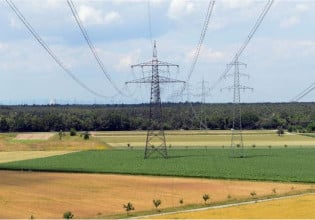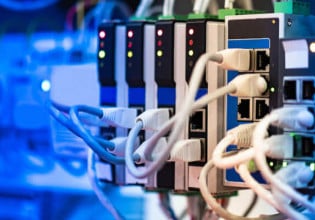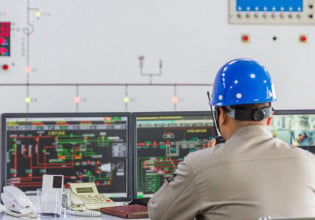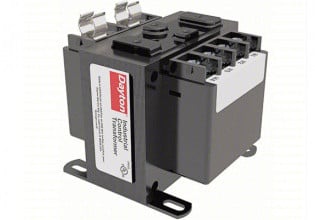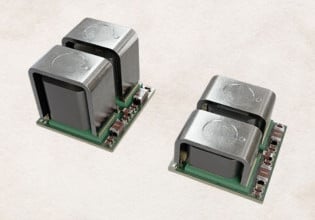GE Expands Advanced Battery Manufacturing Start-Up, Boosts Investment to $170 Million
General Electric (GE) will invest another $70 million to double the production of a new $100 million advanced battery manufacturing plant in Schenectady, New York. At full capacity, the plant will employ 450 workers. The plant is already producing GE’s next-generation Durathon batteries. They are half the size of conventional lead-acid batteries, but last ten times as long and take half the amount of space.
The plant, as large as four football fields, is the flagship of a new business called GE Energy Storage. The business was born from a single idea, like a Silicon Valley start-up, inside GE Global Research labs in nearby Niskayuna. "Researchers in our labs saw a need and invented a new battery just a few short years ago, one that was simple in ingredients but advanced in science and design, and which contains more than 30 GE patents," says Jeff Immelt, GE president and CEO. "It soon became obvious that we weren’t just making a new battery; we were building a new business, so GE teams went to work designing an advanced manufacturing process to build the battery efficiently and a go-to-market strategy to ensure it can reach customers where they work."
Immelt expects the business to "generate more than $1 billion in revenue annually in just a few years."
Glen Merfeld was one of the lead engineers involved in developing Durathon. He says that developing advanced battery technology is a challenging field. "We had to bring together expertise in materials science, ceramics, metallurgy, and manufacturing technology," Merfeld says. "But there was almost nothing we couldn’t work through. I think that’s part of the story, why it’s so exciting that we have this incredibly cool new factory."
Scientists at GE Global Research spent a decade developing Durathon. The batteries operate at temperatures ranging from minus 4 to 140°F and power wind-lashed cell towers as well as hot data centers. They take half as much room as lead-acid batteries and recharge as many as 3,500 times, ten times more than ordinary batteries. They are also non-toxic and fully recyclable.
Durathon batteries can work for as long as 20 years and require nearly zero maintenance. An electronic box attached to each battery monitors charge and reports its status and health to a system operator sitting in a remote control room.
The South African engineering firm Megatron Federal has already ordered 6,000 batteries for delivery in 2013. They will provide backup power for cell phone towers in Nigeria, and help Megatron cut diesel consumption and greenhouse gas emissions by as much as 50 percent.
Durathon employs a disruptive energy storage technology based on a simple chemical exchange between electrically charged sodium and nickel compounds called halides. The reaction, which converts chemical energy into electricity, may be simple but the manufacturing process is not.
GE workers mix the chemicals with ceramic electrolyte inside large vessels that resemble the mixing drum on a cement truck. They must stick precisely to the mixing recipe or the batteries will not perform according to design. "It’s not for the weak of the heart," GE’s vice president of advanced technologies Michael Idelchik told MIT’s Technology Review (TR). TR reported that "if, say, the particles that make up the ceramic are uneven in size or haven’t been properly dried, battery performance could fall short. That means the conditions in the huge factory must be tightly controlled, and multi-ton devices must be able to match the exactness of lab equipment."
Says GE’s Immelt: "This is how GE builds a ‘start-up’ – putting our researchers, manufacturing talent and commercial teams to work to create best-in-class technologies and new businesses that serve emerging customer needs around the world."
More news and information regarding the latest developments in Smart Grid electronics can be found at Darnell’s SmartGridElectronics.Net.


